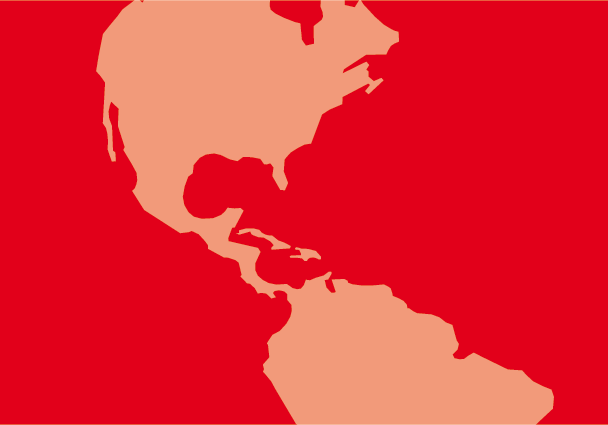
Feb 28, 2007
La CIJ sometió ante la Corte Suprema de la República de Chile un Memorial en Derecho en el marco del proceso de extradición abierto contra Alberto Fujimori Fujimori, por delitos entre los cuales se encuentran crímenes contra la humanidad y graves violaciones a los derechos humanos.
En su Memorial, la CIJ analiza los diferentes temas jurídicos relevantes del caso a la luz del derecho internacional, en particular:
- la obligación de juzgar y sancionar a los autores de graves violaciones a los derechos humanos y crímenes bajo el derecho internacional;
- las nociones de crimen contra la humanidad y graves violaciones a los derechos humanos;
- el régimen jurídico aplicable a los crímenes bajo el derecho internacional;
- las normas ius cogens y las obligaciones erga omnes;
- la jurisdicción universal y el principio aut dedere aut judicare;
- y el principio pacta sunt servanda.
Peru-Chile-extradiction Fujimori-legal submission-2006-spa (full text in Spanish, PDF)
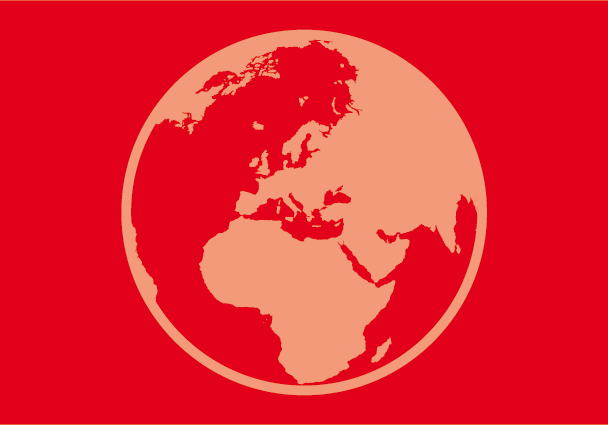
Feb 26, 2007 | News
The Eminent Jurists Panel on Terrorism, Counter-terrorism and Human Rights is holding public hearings in New Delhi on 27-28 February.

Feb 20, 2007 | News
The ICJ condemned the shooting, arson and bomb attacks that occurred across the South of Thailand yesterday.
Reports say the attacks have killed eight people and injured at least 45, including at least one child.
“Thorough, prompt and impartial investigations will be needed. It is already clear that there can be no justification for these violent acts”, said Nicholas Howen, ICJ Secretary-General.
“These are criminal acts and those responsible should be brought to justice in accordance with national law and in line with international standards”, he added.
The most effective means of addressing the situation in the South remains adherence to a measured policy involving: law enforcement measures that respect human rights and the rule of law, access to justice for all victims of crimes in Southern Thailand, including prompt and fair investigations, remedies and reparations, and full and transparent consideration of the recommendations of the National Reconciliation Commission.
The ICJ expressed its condolences to the victims and their families.
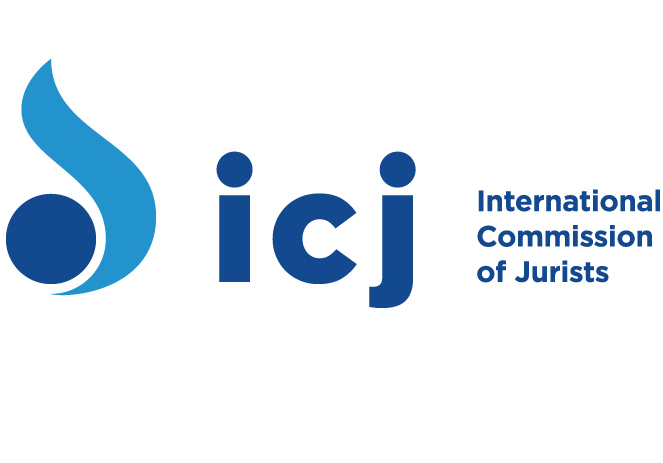
Feb 19, 2007 | News
The ICJ calls on the Iranian authorities to put an immediate end to the persecution and harassment of Mrs Abdolfattah Soltani and Nasser Zarafchan (photo), two human rights lawyers.
The ICJ expresses its deepest concern about the campaign of judicial harassment against Mr. Abdolfattah Soltani, member of the Defenders of Human Rights Centre. Mr. Soltani has been imprisoned twice and is now released on bail. On 16 July 2006, the Court sentenced him to five years imprisonment for the alleged transfer of confidential information and for opposition to the government of the Islamic Republic of Iran. The ICJ considers that the trial of Mr. Soltani was unfair and did not meet the international standards of fair trial as guaranteed by the International Covenant on Civil and Political Rights, as ratified by the Islamic Republic of Iran. “This campaign of judicial harassment against Mr. Soltani is a flagrant violation of international human rights obligations, ” said the ICJ.
The ICJ also expresses its deepest concern about the continued detention of Mr. Nasser Zarafchan, a human rights defender and lawyer, who was sentenced to 5 years on 15 of July 2002 by the Military Court of Tehran for “possession of firearms and alcohol” and for opinions that he had expressed during interviews with the press on the trial dealing with the assassinations of Iranian intellectuals, which came to a conclusion in January 2001. The ICJ considers that the condemnation was arbitrary and the procedure violated the basic principles of a fair trial. “The trial of civilians by military tribunals is a flagrant violation of the right to be tried by an independent and impartial tribunal. The Iranian authorities must immediately release Mr. Nasser Zarafchan without conditions, ” said the ICJ.
The ICJ calls the Iranian authorities to conform to its international human rights obligations and to ensure that human rights lawyers can freely carry out their legitimate work without intimidation, hindrance or harassment in accordance with the UN Declaration on Human Rights Defenders and the UN Basic Principles on the Role of Lawyers. “The Iranian authorities must immediately stop all kind of persecution and harassment against lawyers and human rights defenders,” said the ICJ.
Iran-human rights defenders-press release-2007 (full text, PDF)
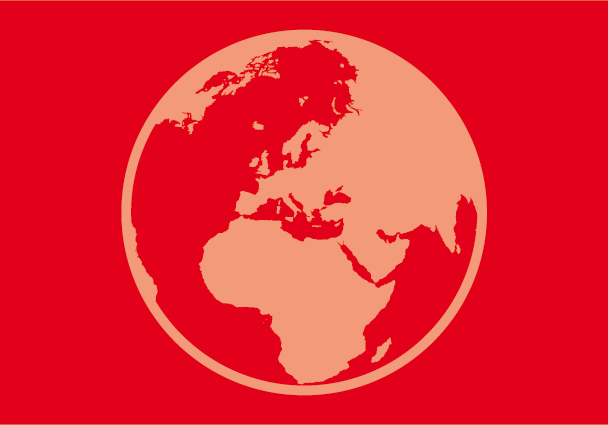
Feb 16, 2007 | Advocacy, Non-legal submissions
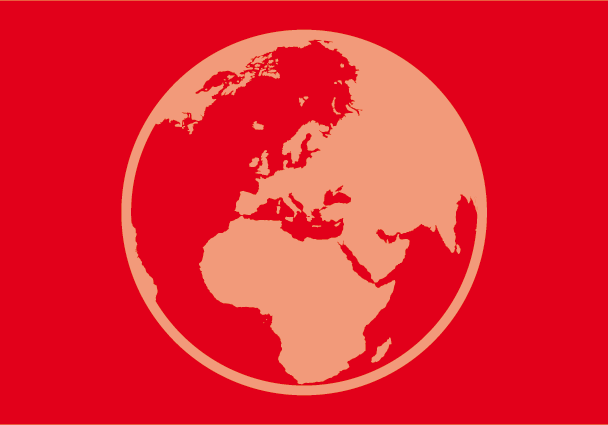 The ICJ sets out its views on the human rights compatibility of offences of incitement to acts of terrorism, and on the appropriate limits of such offences in European Union law and in the national laws of European states.
The ICJ sets out its views on the human rights compatibility of offences of incitement to acts of terrorism, and on the appropriate limits of such offences in European Union law and in the national laws of European states.
In its Response to the European Commission Consultation on Inciting, Aiding or Abetting Terrorist Offences, submitted on 15 February 2007, the ICJ concludes that incitement to acts of terrorism should be a criminal offence only where there is a subjective intention to incite acts of terrorism, and where the speech concerned causes the commission of an act of terrorism or an imminent risk of such an act. There is a risk that broadly-worded offences of apologie, encouragement, justification or glorification of terrorism will lead to violations of the right to freedom of expression and of the principle of legality, and will have a chilling effect in inhibiting constructive debate, in particular in minority communities. The full submission is attached below.
Europe-EC Consultation Terrorist Offences-non-judicial-submission-2007 (full text, PDF)










